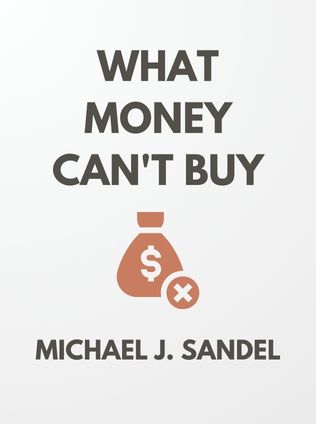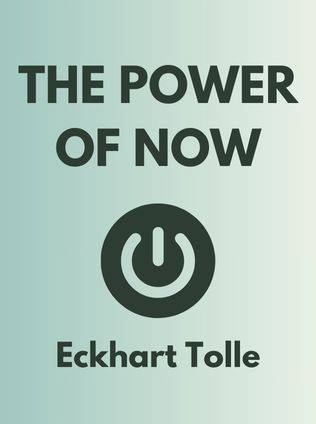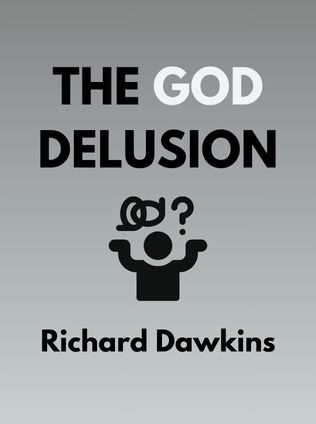
What Money Can't Buy
The Moral Limits of Markets
By Michael J. Sandel
Published 04/2012
About the Author
Michael J. Sandel, a renowned philosopher and professor at Harvard University, is widely recognized for his work in political philosophy and ethics. With a teaching career that spans over three decades, Sandel has profoundly impacted the way we think about justice, morality, and the role of markets in society. His course "Justice" has been one of Harvard's most popular, attracting thousands of students and garnering millions of views online. Sandel’s books, including Justice: What’s the Right Thing to Do? and The Tyranny of Merit, challenge readers to think deeply about moral and ethical dilemmas, making philosophy accessible to a broader audience. In What Money Can’t Buy, Sandel takes on the pervasive influence of market values on every aspect of our lives, questioning whether there are things that money should not be able to buy.
Main Idea
What Money Can’t Buy explores the moral and ethical implications of living in a society where market values dominate nearly every aspect of life. Sandel argues that the encroachment of market logic into areas traditionally governed by non-market values—such as family, education, healthcare, and civic duties—has profound and often detrimental effects on our society. He questions whether there are things that should not be commodified, and whether the marketization of life undermines our moral and civic virtues. Sandel challenges us to reconsider the role of markets in our lives, urging a public debate on the moral limits of markets.
Table of Contents
- Market Values and Their Influence
- The Moral Limits of Markets
- Market Efficiency vs. Social Justice
- The Corruption of Social and Civic Virtues
- Conclusion: Reclaiming the Public Good
Market Values and Their Influence
Sandel begins by defining market values—the principles and logic that govern how markets operate. Market values emphasize efficiency, profit maximization, and individual choice. According to this logic, anything can be bought and sold as long as there is a willing buyer and seller. Sandel argues that over the past few decades, these values have seeped into areas of life that were once governed by moral and ethical considerations, where the common good, rather than individual profit, was the guiding principle.
The rise of neoliberalism in the 1980s, championed by leaders like Ronald Reagan and Margaret Thatcher, played a significant role in this shift. These leaders promoted policies that reduced government intervention in the economy, deregulated industries, and encouraged privatization. The result was a society where market principles began to dominate not just the economy but also education, healthcare, and even family life.
Sandel provides several examples to illustrate how market values have come to dominate our lives:
Sign up for FREE and get access to 1,400+ books summaries.
You May Also Like
Rich Dad Poor Dad
What the Rich Teach Their Kids About Money - That the Poor and Middle Class Do Not!
By Robert T. KiyosakiFreakonomics
A Rogue Economist Explores the Hidden Side of Everything
By Steven D. Levitt and Stephen J. DubnerI Am Malala
The Story of the Girl Who Stood Up for Education and Was Shot by the Taliban
By Malala YousafzaiFactfulness
Ten Reasons We're Wrong About the World – and Why Things Are Better Than You Think
By Hans Rosling



















